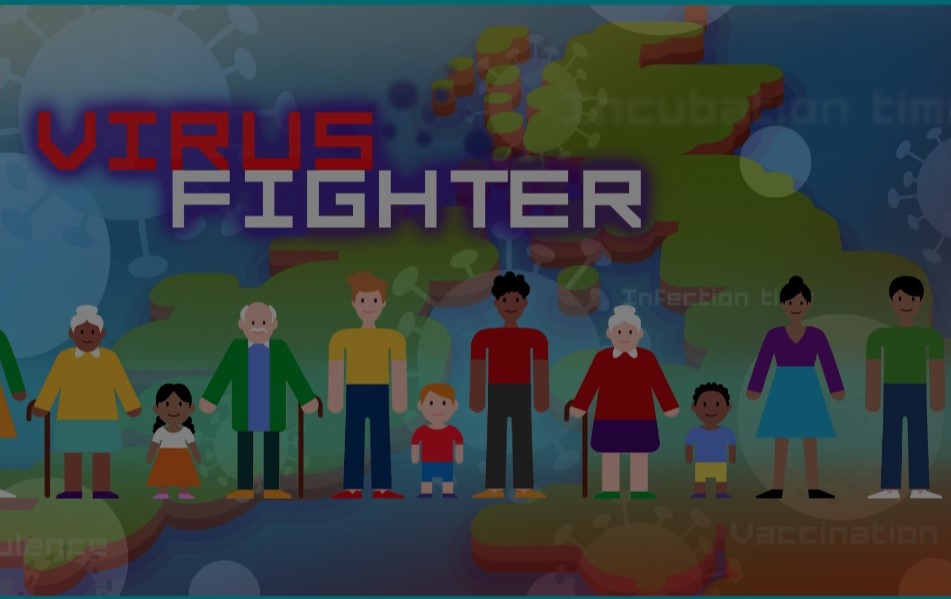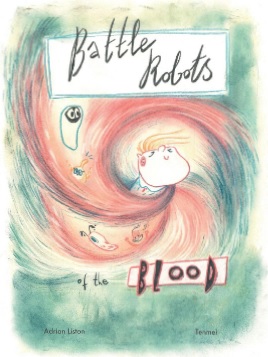Journal club: The effect of gender (not sex!) on the genome
 Wednesday, August 23, 2017 at 3:31AM
Wednesday, August 23, 2017 at 3:31AM One of my pet peeves is when scientists use "gender" (i.e., identity) when they actually mean "sex" (i.e., anatomy). It is typically done to avoid embarrassment, but it is imprecise, and the difference can be important. The short-cut for gender vs sex is usually "sex is biological, gender is cultural", but this short-cut is also wrong, since culture can impact on biology.
Take this Nature Genetics paper, from the Gibson lab. They looked at eQTLs in human blood, which is basically the effect of genetic variation on gene expression. The study was performed on Berbers in Morocco, in both a modern urban setting and a traditional rural setting:

When looking at gene expression changes in men and women from urban areas (green and blue, below), there is basically complete overlap between men and women. However when you look at the rural traditional areas, with strict cultural separation of men and women (red, below), there is almost complete separation between the men and the women at the transcription level.

In short, men and women are biologically different only because of the gender roles imposed in the rural setting! The social construct of gender can actually substantially change our biology. A good reminder that whenever we see an effect in humans that we think is due to sex, we need to remember that it could actually be an impact of imposed culture.
Read the full paper: Idaghdour et al, "Geographical genomics of human leukocyte gene expression variation in southern Morocco", Nature Genetics 2010. 42(1):62-7
 genetics
genetics 




Reader Comments